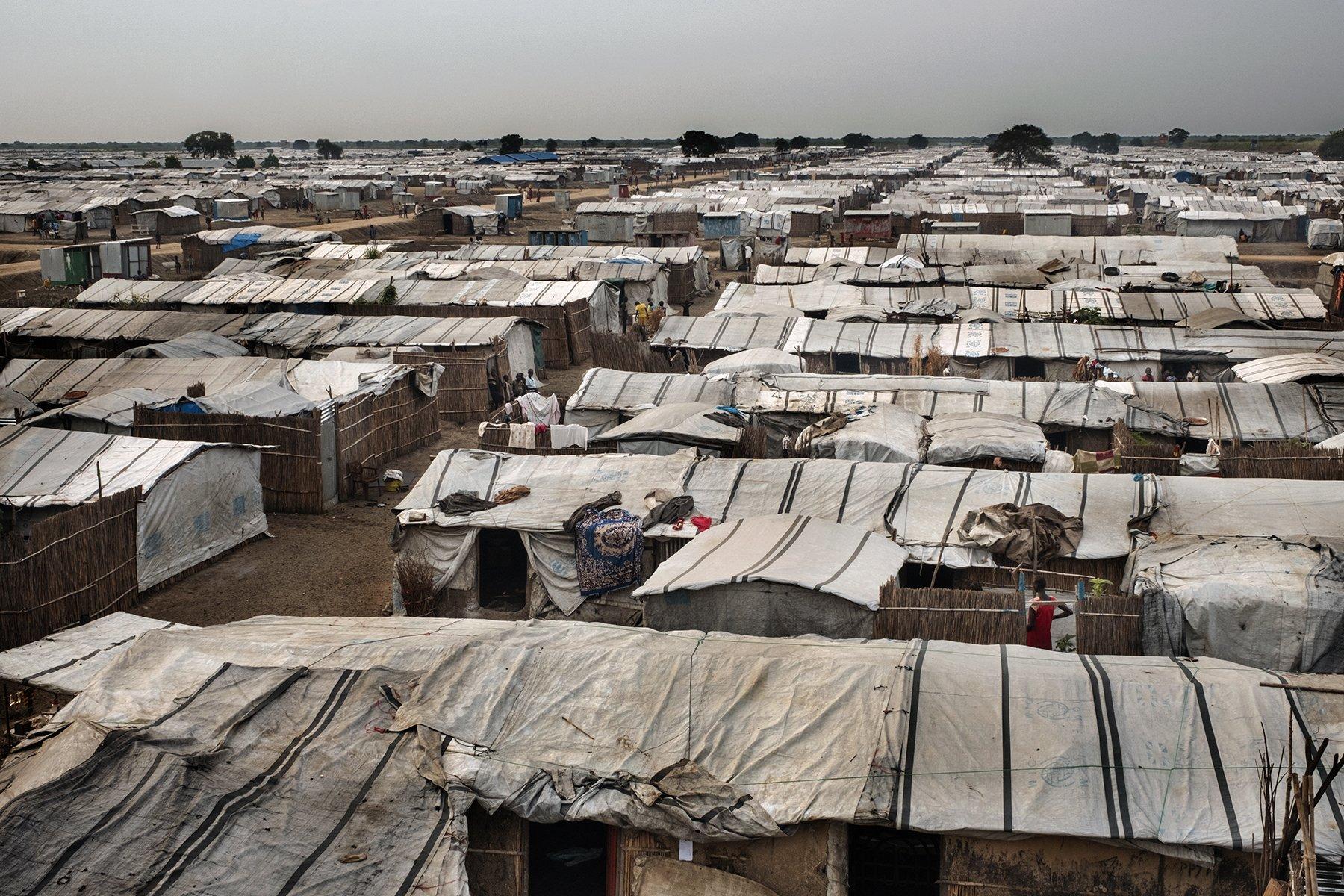
Peace stakeholders demand civic education on transitional justice in South Sudan
By Okech Francis
A pressure group is demanding civil society organizations and government to ensure the conduct of civic education and awareness to enable a safe environment for public consultations and agreement on the implementation of transitional justice institutions in South Sudan
Stakeholders which attended a high-level stakeholder’s conference organized by South Sudan Law Society (SSLS) in the capital Juba on Wednesday noted that the issue of transitional justice, which is also manifested in the peace agreement is silent.
Chapter five of the peace agreement deals with transitional justice and establishment of mechanisms to promote accountability, truth, reconciliation and healing in South Sudan.
While opening the conference, the interim chairperson of the peace monitoring body (R-JMEC), Maj. General Charles Tai Gituai acknowledged the government’s resolution on endorsing a roadmap over the issue.
“This convening provides a great opportunity for the leaders in the room to fashion strategies that enable survivors to be at the core of transitional justice efforts. By doing so, we will develop a context specific transitional justice program for South Sudan where the common objectives of Chapter V, truth, reconciliation, healing, compensation and reparation are supported,” he said.
Gituai said the peace monitoring body will remain focused on its monitoring and oversight mandate, keeping a close eye on survivors’ participation and engagement in South Sudan’s transitional justice processes.
South Sudan Law Society board chair, John Clement Kuc said the transitional justice mechanisms will address human rights violation issues in the country.
“The Transitional Government of National Unity must show the political will towards the establishment of the transitional justice mechanisms,” he said.
Beny Gideon Mabor, a Commissioner at South Sudan Human Rights Commission (SSHRC) emphasized the need for an independent Commission for Truth, Reconciliation and Healing (CTRH).
“The independence of a commission is defined by its ability to apply its legal mandate free of actual or apparent pressure, unwarranted influence or dependence on any other person whether legal or natural person,” he said.
Beny called for a transparent and competitive selection and appointment of commissioners through a consultative process, with input from different sectors of society, victims and other marginalized groups.




































